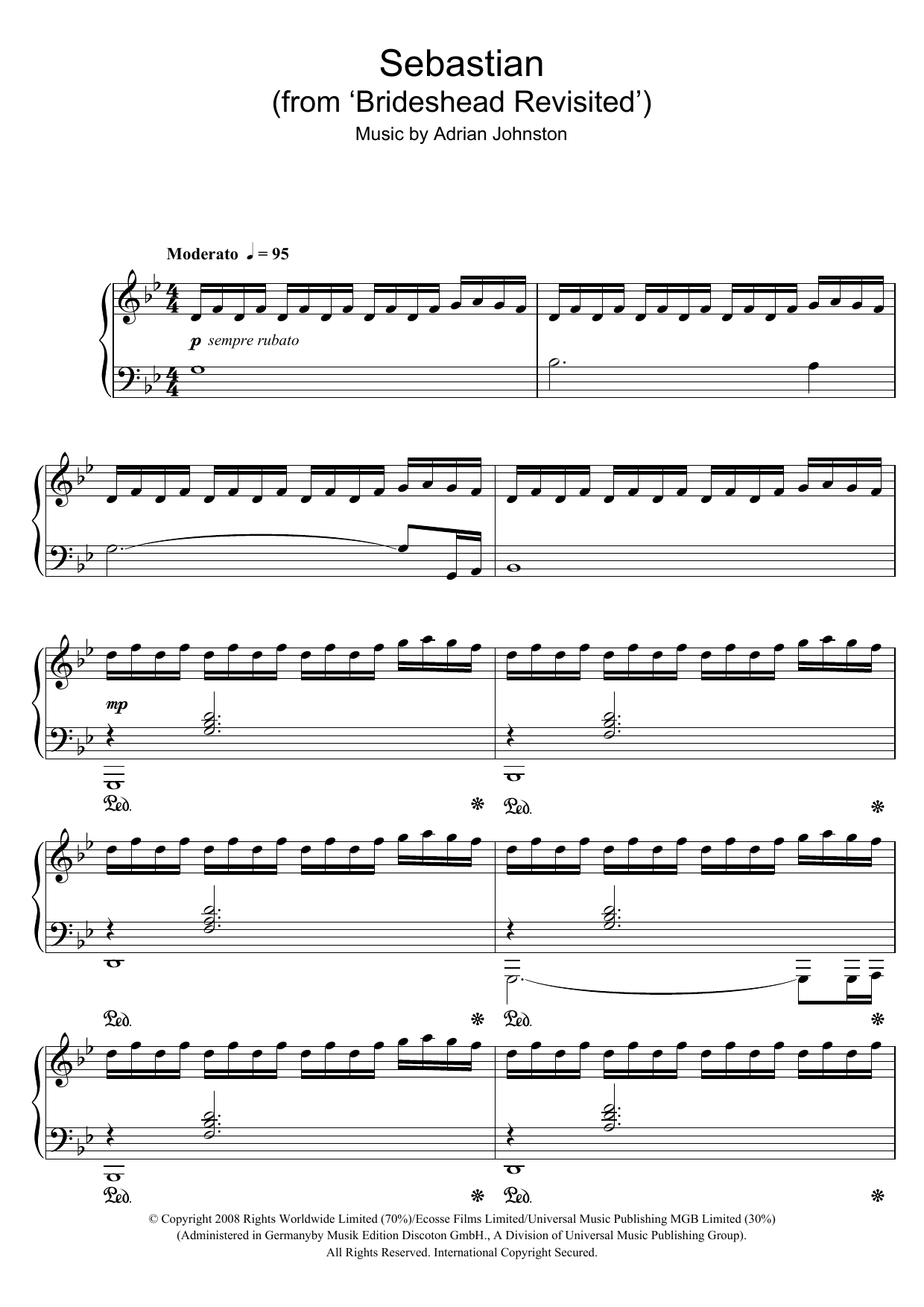

The darkness suffocates and loneliness smothers.

The cross is black and the tabernacle is empty. The altars are stripped and the candles are snuffed. The palm fronds are dried and the supper is over. Upon rediscovering Brideshead after so many years, Charles Ryder’s moment of reckoning-of what once brilliantly was and now sadly had become-carried an element of Good Friday with it. The faith and family, like the stones of Brideshead, had been cultivated with great care that kept eternity in mind, “until, in sudden frost, came the age of Hooper the place was desolate and the work all brought to nothing Quomodo sedet sola civitas. Amidst the army’s casual litter and needless destruction of property, Charles reflected on the hands that built this estate-that crafted this chapel-over generations. An art nouveau lamp was lit before the altar and a prayer leapt from this budding believer’s throat.

“Fresh and bright as ever,” he saw the small family chapel. But then he saw it-“a queer thing,” as Hooper characterized it. So much had been lost-so irretrievably lost-that to continue his walk around the grounds risked heartbreak beyond wistfulness. The mansion had become his home.Ĭharles’ thoughts were not without pain. The family in all its brokenness had become his family. How he missed his dear friend Sebastian, his love Julia, the indomitable Cordelia, and the stately Lady Marchmain.

But once alone, his mind would settle again on the Flyte family. He was distracted by Hooper, the unmoved modern man and platoon commander with an “overmastering regard for efficiency” asking for some direction or next step. By chance, Charles met the nearly blind Nanny Hawkins, who remembered him after a few hazy moments, explaining the state of Brideshead and the family’s whereabouts. Intermittently, his moments of remembrance were interrupted. And the family who once lived here and whom Charles loved and troubled over? Dead or dispersed. The fountain, filled with half-eaten sandwiches and cigarette butts, was wired over and starved of its water. To be sure, Brideshead Castle had never looked so bad. What once was a magnificent estate warmed by the eccentricities of warm friendship, young love, and budding faith was now a foreign property in disrepair billeted by His Majesty’s Armed Forces. “I had been there before I knew all about it.”Ĭaptain Charles Ryder, a middle-aged Englishman serving the homefront with his company during the Second World War, breathed deeply and surveyed the scene that he and his fellow soldiers had come across.


 0 kommentar(er)
0 kommentar(er)
